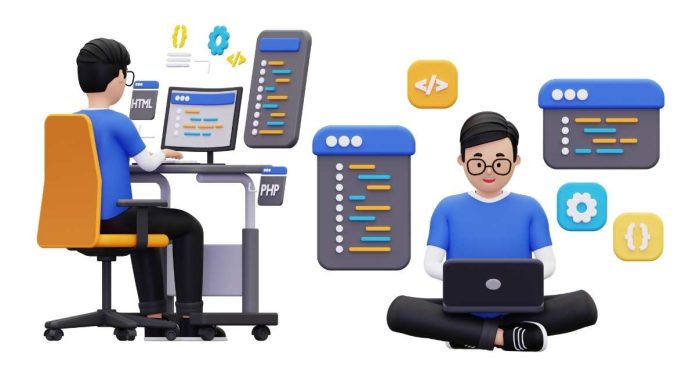As of 2025, several Integrated Development Environments (IDEs) for Java development have gained prominence for their features, speed, and developer productivity tools. Below are the 10 best Java IDEs for developers in 2025:
1. IntelliJ IDEA
- Features: Smart code completion, robust refactoring tools, deep integration with version control systems, and support for various languages (including Java, Kotlin, Groovy, Scala).
- Best for: Developers who need a powerful, feature-rich IDE with extensive plugin support and seamless integration with modern frameworks.
- Price: Free (Community Edition), Paid (Ultimate Edition).
2. Eclipse
- Features: Open-source, extensible, supports Java and other programming languages, integrated debugging, and an advanced project management system.
- Best for: Developers looking for an open-source and highly customizable environment with a large ecosystem of plugins.
- Price: Free.
3. NetBeans
- Features: Lightweight, open-source, excellent support for Java SE, EE, and web development, visual GUI builder, and integrated profiler.
- Best for: Beginners and those working on Java SE applications, or web-based Java applications.
- Price: Free.
4. JDeveloper
- Features: Best for Oracle developers, offers strong support for Java EE, integrated database management, and advanced debugging tools.
- Best for: Java developers working with Oracle tools and databases.
- Price: Free.
5. Visual Studio Code (VS Code)
- Features: Lightweight, fast, highly customizable, with extensions for Java development, support for IntelliSense, Git integration, and debugging.
- Best for: Developers looking for a minimalist, fast editor with a highly extensible ecosystem.
- Price: Free.
6. BlueJ
- Features: A simple and intuitive IDE, perfect for beginners, supports Java and JavaFX, allows for easy visualization of objects and class structures.
- Best for: Educational purposes, beginners learning Java, and small Java projects.
- Price: Free.
7. Android Studio
- Features: Official IDE for Android development, includes code editing, debugging, performance tooling, and a UI designer.
- Best for: Android developers working with Java (and Kotlin) for Android apps.
- Price: Free.
8. JEdit
- Features: Lightweight, with a fast interface, syntax highlighting, customizable plugins, and support for many programming languages, including Java.
- Best for: Developers who need a fast, no-frills IDE with the ability to add specific functionalities via plugins.
- Price: Free.
9. Xcode (for macOS)
- Features: Full-featured IDE primarily for iOS and macOS development, also supports Java with additional configurations.
- Best for: Developers working on Apple ecosystems who prefer using Java alongside Objective-C or Swift.
- Price: Free (with macOS).
10. Codenvy (Eclipse Che)
- Features: Cloud-based IDE, supports collaborative coding, multi-language support, integrates with GitHub, and offers a scalable development environment.
- Best for: Teams that need a collaborative, cloud-based development environment for Java.
- Price: Free (with limitations), Paid versions available.
Key Considerations:
- Features: Look for advanced code completion, debugging, version control integration, and support for modern Java frameworks.
- Performance: Consider the responsiveness of the IDE, especially for larger projects.
- Customization: A good IDE should allow easy configuration and plugin integration.
- Community Support: Opt for an IDE with a strong community and consistent updates.


